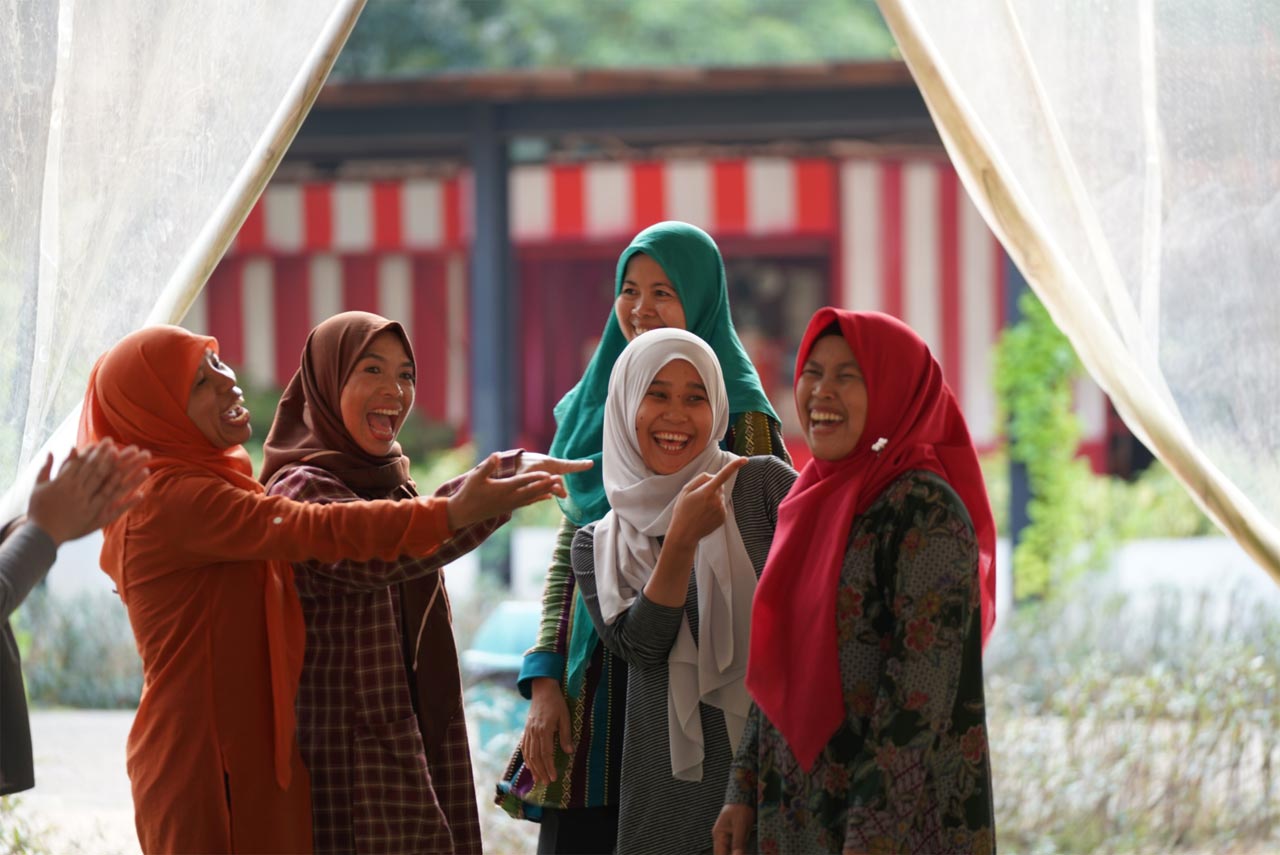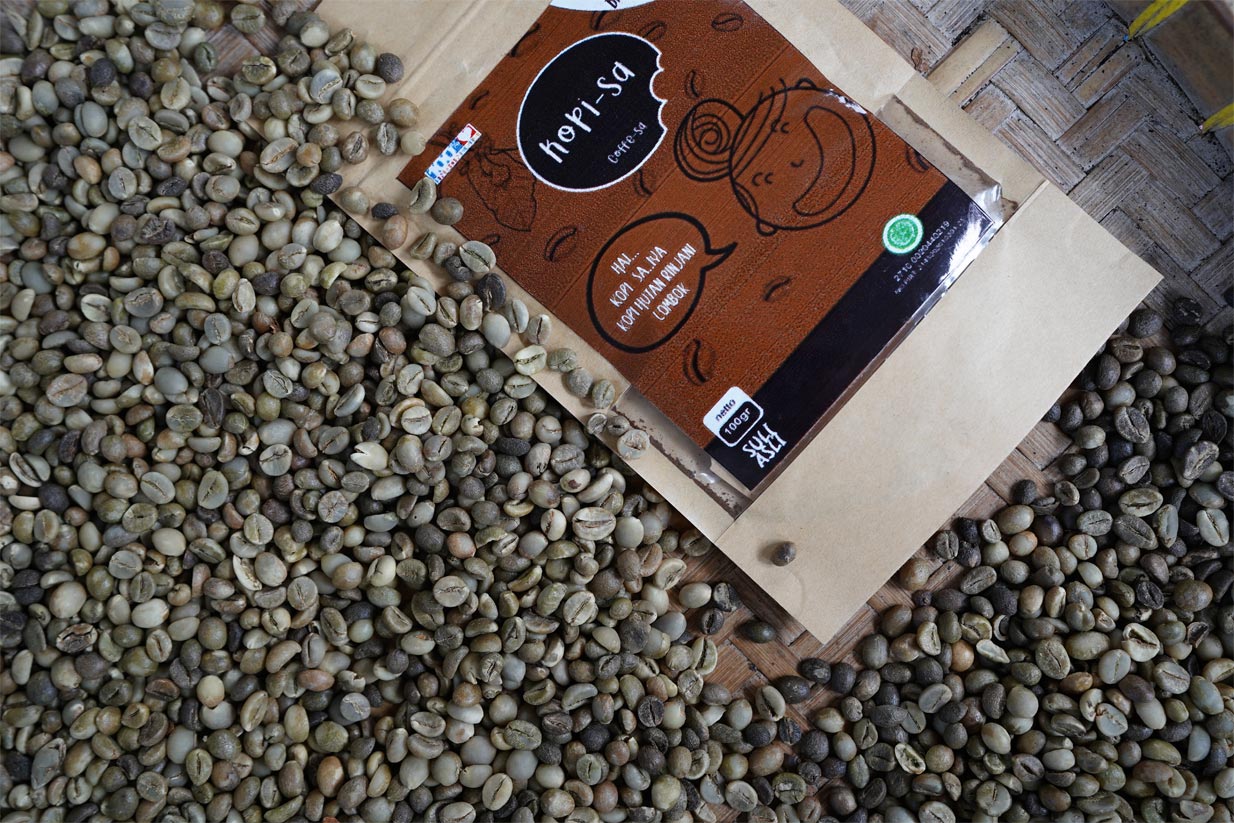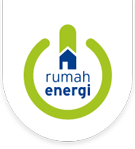Working towards a Just Energy Transition through the Pro Women for Renewable Energy Project

Energy is a basic need for everyone, including women. However, there is a lack of representation of women in decision-making at the family, community, and public policy levels regarding access to energy. This makes the energy sector often seen as a sector that is gender biased, in one particularly gender because a lot of work in the energy sector involves physical work as well as technical calculations, and a stigma arises that energy is a man’s business. In fact, in daily life in the household, it is women who do a lot of activities near energy, from cooking to other household appliances, and without realizing it, women are even the decision-makers in using energy more efficiently in the household.
Based on the results of a study by the Central Statistics Agency (BPS 2020), the gender inequality index (IKG) for the Province of West Nusa Tenggara (NTB) is the highest among other provinces in Indonesia, and Central Lombok Regency is the second highest in NTB. The IKG describes the loss or failure (loss) of human development achievements due to gender inequality as measured from the aspects of health, empowerment, and access to the labor market. So far, limited knowledge of renewable energy options and value chains has prevented women in rural areas from getting access to information and education, so joint efforts are needed in terms of equal access to energy for women, especially in rural areas, especially in overcoming the challenges faced in the energy transition.

YRE with the support of the Ford Foundation and Ministry of Home Affairs is implementing the Pro Women for Renewable Energy project in Central Lombok Regency, West Nusa Tenggara Province. This project aims to mainstream gender equality in a sustainable energy transition in rural areas of Eastern Indonesia. With this program, equal access to energy is sought for women, especially in rural areas, especially in overcoming the challenges faced in the energy transition and being able to save the daily economy.
This project targets three Women Farmer Groups (KWT), namely KWT Kaki Rinjani, Karang Sidemen Village, KWT Suli Asli, Aiq Berik Village, and KWT Elong Tune, Lantan Village. The three KWTs produce coffee which is a potential product. Interventions that will be carried out in this project include training, mentoring, monitoring and evaluation, and technology. With this intervention, the hope is that the beneficiaries will have complete insight regarding a fair energy transition and simplify the process of the work they are doing, to improve the quality of the products produced.
Written by: Nannuba Hilma Azhury Annur
Edited by: Fauzan Ramadhan

